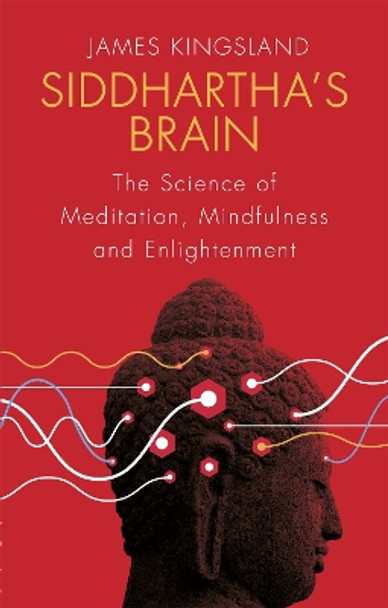WINNER OF THE GOLD PRIZE FOR RELIGION / SPIRITUALITY OF EASTERN THOUGHT AT THE 2016 NAUTILUS BOOK AWARDS. Can meditation and mindfulness exercise make us sharper, smarter, healthier, happier? In Siddhartha's Brain, James Kingsland reveals that a complete scientific theory of how these practices work is now within our grasp and may be the key to treating a wide range of afflictions of the human mind. Some twenty-five centuries ago, an Indian sage called Siddhartha Gautama - the man who would become known as the Buddha - developed a programme for improving mental well-being which has been passed down to us by generations of monks and nuns. Today, secular mindfulness courses are proving their worth for tackling many of the problems associated with the demands of our frenetic, technology-driven modern world. Research has shown that mindfulness can be used to treat stress, anxiety, depression, chronic pain, hypertension and drug addiction, as well as improving concentration, empathy, emotion regulation and the quality of interpersonal relationships. There have even been hints that it could enhance immune function, slow cellular ageing and help keep dementia at bay. Taking us on a journey back to the time of the Buddha to track changes in his brain as he travels the path leading to enlightenment, Siddhartha's Brain explains how meditation and mindfulness transform the human mind.
About the AuthorJAMES KINGSLAND is a science and medical journalist with twenty-five years' experience working for publications including New Scientist, Nature and most recently the Guardian, where he was a commissioning editor and contributor for its Notes & Theories blog. On his own blog, Plastic Brain, he writes about neuroscience and Buddhist psychology.
Book InformationISBN 9781472136343
Author James KingslandFormat Paperback
Page Count 336
Imprint RobinsonPublisher Little, Brown Book Group
Weight(grams) 280g
Dimensions(mm) 189mm * 131mm * 21mm









